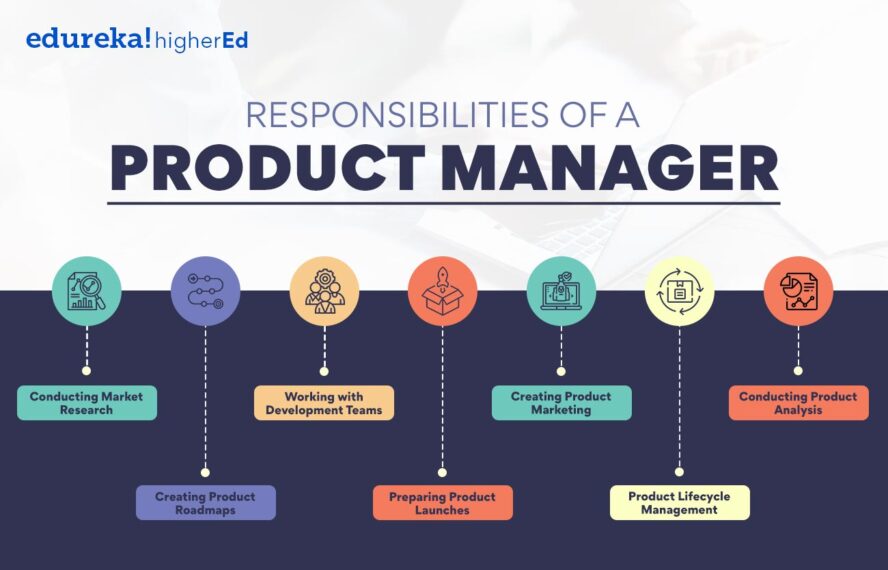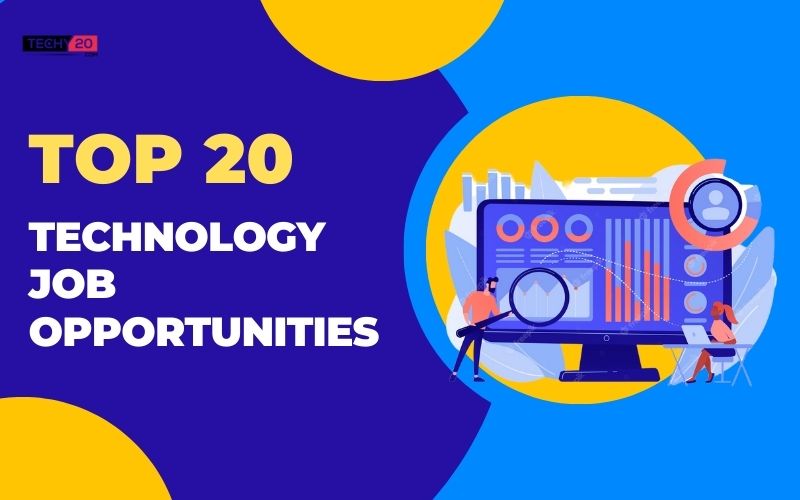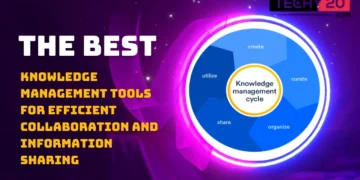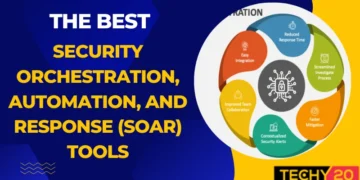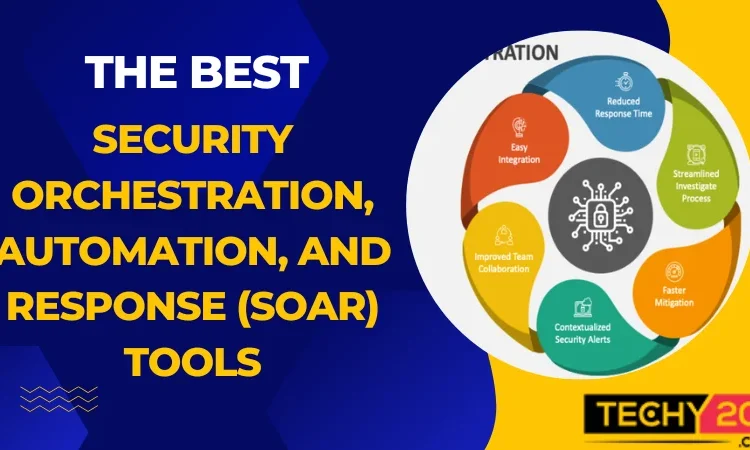Technology also referred to as the “transformation and control of the human environment,” is the application of science to the practical goals of human life. Technology increases productivity while lightening the load on employees. And by offering digital services and goods across all industries, particularly in those where there is still much that has to be digitalized, technology produces jobs. It also facilitates a reduction in workday length. More opportunities are accessible for educated youth because of the increase in technology-related demand for technically qualified youth. This can somewhat address the issue of educated unemployment.
1. Data Analyst
A data analyst analyses data to discover important customer insights and useful applications for the data. They also advise the company’s management and other stakeholders of this information. Some of the most sought-after specialists worldwide are skilled data analysts. Data analysts command high pay and top benefits, even at the entry-level, due to the high demand for their services and the scarcity of qualified candidates.
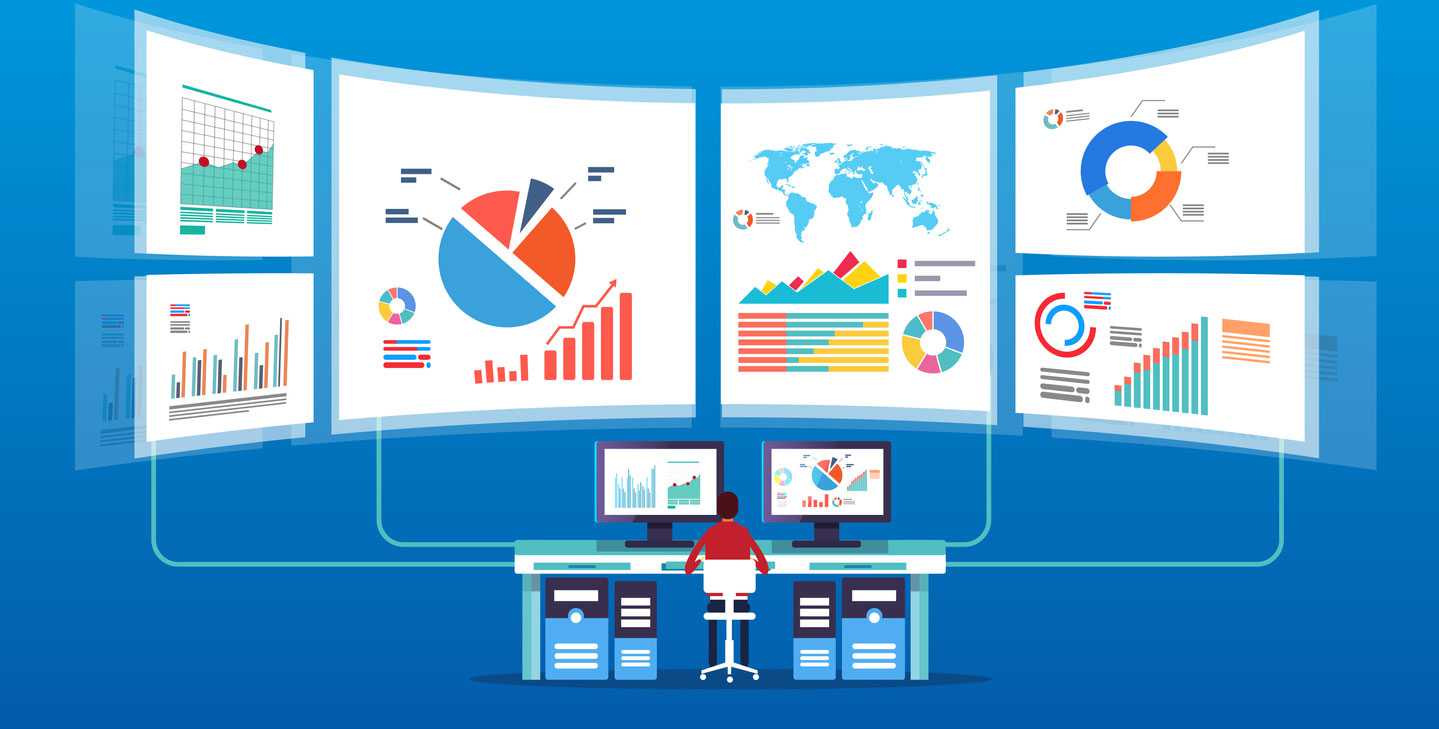
2. Web Developer
A web developer’s typical day includes meetings with customers or management to review website requirements, producing code using computer languages, testing interfaces and apps, and collaborating with other group members to decide website designs. A front-end developer is in charge of creating brand-new user-facing features, creating reusable code, choosing the layout and structure of web pages, accelerating page load speeds, and building the website using a variety of mark-up languages.

3. Computer Programmer
Computer programmers create code and scripts, modify them, and test them to ensure software and applications function as intended. They transform the blueprints created by designers and software engineers into instructions that computers can understand. Computer programming jobs are ranked #11 among the finest technology careers by US News.

4. Technical Support Specialist
A technological support specialist is a business that employs a technical support specialist to maintain and manage their computer software and hardware systems. Its abilities benefit the business because they assist in resolving technical problems involving client accounts or the software architecture of the corporation.

5. Sales Engineer
A sales engineer works by responding to inquiries and requests and providing engineering and technical information on a product, service, or piece of equipment. Plans and organizes the sales call schedule to enter new accounts and serve those that already exist. A sales engineer must be confident speaking in front of others and be able to precisely respond to any questions or inquiries because they frequently have to propose or present to potential clients.

6. Database Administration
The functionality, reliability, and security of a database are your duty as a database administrator (DBA). You’ll participate in the design and creation of the database and any user-related problem-solving. Data consistency across the database is something you’ll make sure of.
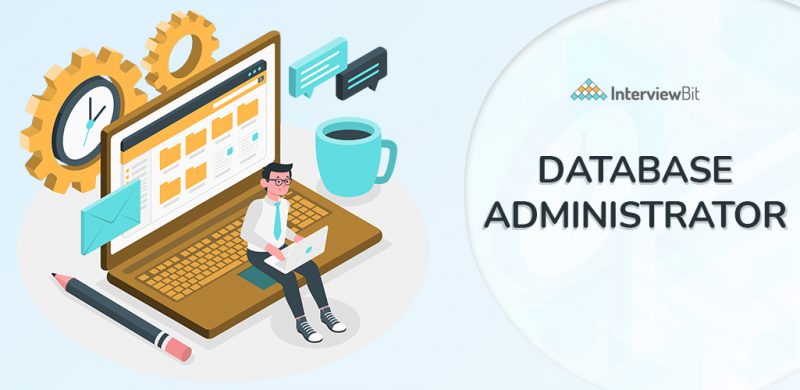
7. Cybersecurity Specialist
A “cyber security specialist” is an expert in data and information security. They are responsible for safeguarding the software development process. They do their best to protect networks from outside threats like crackers and hackers that desire access for nefarious motives. An authority in the area of information technology security is a “cyber security specialist.” They are responsible for safeguarding the software development process.

8. Network Engineer
Who works as a network engineer? Installing, configuring, and maintaining firewalls are the main responsibilities of network engineers for maintaining network security. Additionally, they are in charge of purchasing tools like routers or switches that guarantee the highest IT infrastructure efficiency in a workplace. Today’s network engineers need to know how to code.

9. Cloud Engineer
Deploying and troubleshooting systems, and carrying out fresh cloud initiatives, are among the duties of a cloud engineer. In the end, you’ll collaborate with various IT experts and teams to ensure that our cloud computing solutions are functional for both our business and our clients. IT specialists known as “cloud engineers” design, deploy and maintain cloud-based commercial systems.

10. Software Engineer
An IT expert who creates, develops, and supports computer software for a business is known as a software engineer. They employ the concepts of software engineering, their technical expertise, and their creativity to assist in resolving new and persistent issues for a business. In addition to developing, building, and evaluating end-user applications that satisfy user needs, their employment also entails assessing and updating currently used software.

11. Social Media Manager
Implementing a content marketing strategy for social networking sites is the responsibility of a social media manager, who also serves as the point person for how a company engages with its audience. They must analyze engagement data, spot patterns in customer interactions, and develop digital initiatives to foster an online community.

12. Helpdesk Analyst
A help desk analyst is a technical expert entrusted with offering technical support to their clients for any IT-related subject, such as problems with computer hardware, software, networks, and operating systems. Service desk analysts, also referred to as “help desk analysts” are IT specialists who assist users in resolving computer-related issues.

13. Senior Web Programmer
A senior programmer is responsible for planning, developing, and implementing software applications and programmes that meet the organization’s needs. The person oversees a group of apprentice programmers who code, test and debug the software applications and programmes used by an organization. To build, improve, and optimise business websites, a senior web designer oversees a team of website designers.

14. Web Programme Designer
Many websites and web pages that contain text also include sounds, pictures, graphics, and video clips. Web-designers plan, design, and code these websites and web pages. A website’s or web page’s design and layout must be created by a web designer. It can also refer to making updates to an already-existing website or working on a completely new one.

15. Video Game Designer
New games’ rules, characters, settings, plots, and props are created by game designers, who also write the necessary computer code. Additionally, they could oversee working groups and test beta editions of the games. No credit card is necessary; this is a free trial. Recruit more than 250 million candidates.

16. Business Intelligence Analyst
A business intelligence analyst analyses linked products, sectors, or trends to evaluate market strategies. Uses technologies and data from business intelligence to find and keep an eye on existing and potential clients. Analyzes technological trends to find markets for new product creation and strategies to increase sales of already existing products. They are in charge of overseeing data analysis and retrieval inside an organization.

17. Project Manager
A project manager is responsible for overseeing the team, preserving goodwill with the client, creating a workable project plan, meeting deadlines, scheduling tasks, and assigning duties. Along with the efficiency and performance of their team members, they must monitor the project’s progress and performance.

18. IT Manager
An IT manager is a specialist who ensures that every employee has access to the technology they need to do their jobs, such as a reliable laptop and VPN connectivity. For remote employees who cannot be reached otherwise, and close collaboration with other departments such as HR or financial data is completed by IT Manager.

19. Data Modeler
A data modeler is a system analyst and designer who develops databases and data models for complex organizational data, which are then used to build functional computer systems. They control the flow of information across divisions in a business using relational, multidimensional, and NoSQL databases.

20. Product Manager
An organization’s software product manager is a key position. In addition to making pricing decisions, they are in charge of overseeing UX design, marketing strategy, consumer insights research, and other aspects of how customers use and engage with the product. Product managers hold roles at the mid-level. At every stage of the product lifecycle, an innovative product manager actively engages with engineering.
